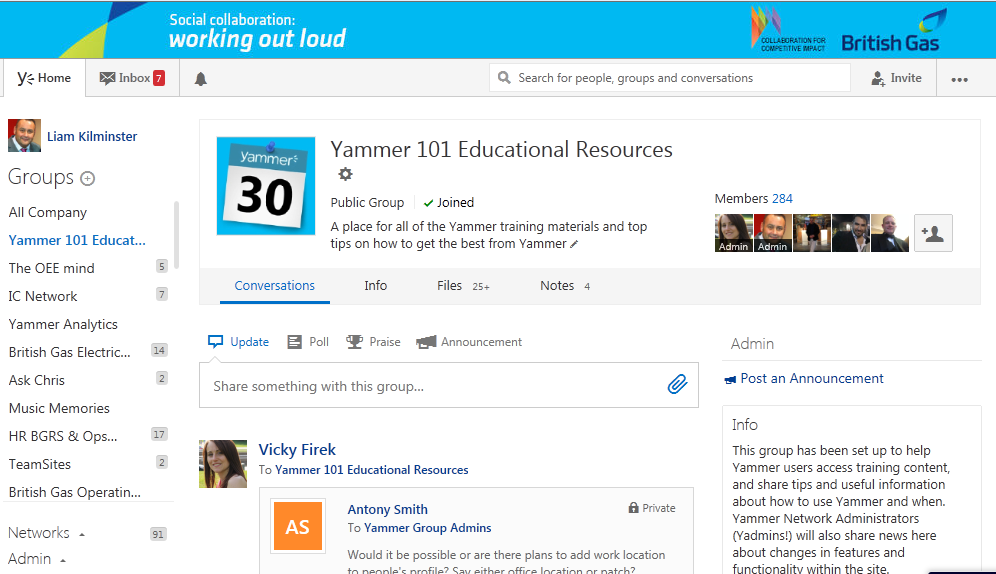
British Gas breaks down silos with Yammer
Editor’s note: This article looks at how British Gas trialled enterprise social network Yammer. Some good tips on how to get colleagues interested.

Editor’s note: This article looks at how British Gas trialled enterprise social network Yammer. Some good tips on how to get colleagues interested.

Editor’s note: Small scale research but it shows something powerful – that culture really can affect behaviour. It is extraordinary to think that perfectly decent people can resort to negative behaviour thanks to the working culture.
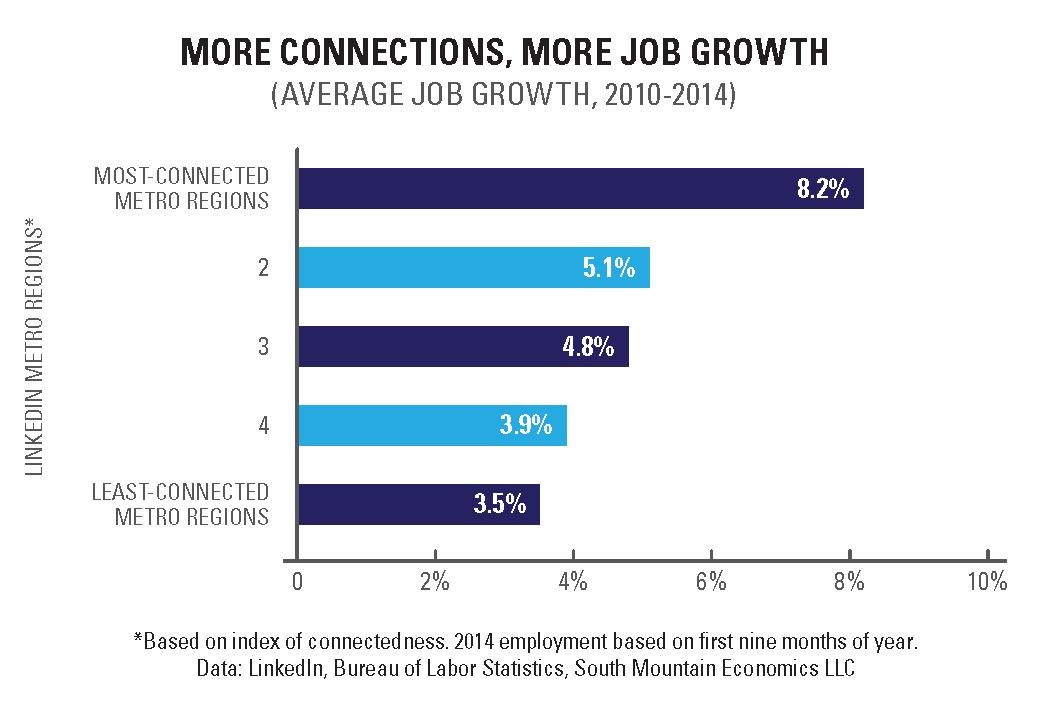
Editor’s note: Interesting piece of research looking at the value and importance of connectedness – linking people to ideas and organisations.

Editor’s note: This is this week’s challenge to the ‘way we do things’ article. If you are highlighting text for learning, then don’t bother – it is not how we learn.
Editor’s note: A look at how ‘digital native’ news site Quartz develops content. Free from legacy ways of working, this shows how the media, and content, is changing – something that impacts us all, especially anyone who is creating content.

Editor’s note: The growth of Buzzfeed is very interesting. Built on lists and curation, the site is arguably very in tune with how mobile web users like to consume and share content. This article looks at Buzzfeed’s approach to content and what others can learn from it.
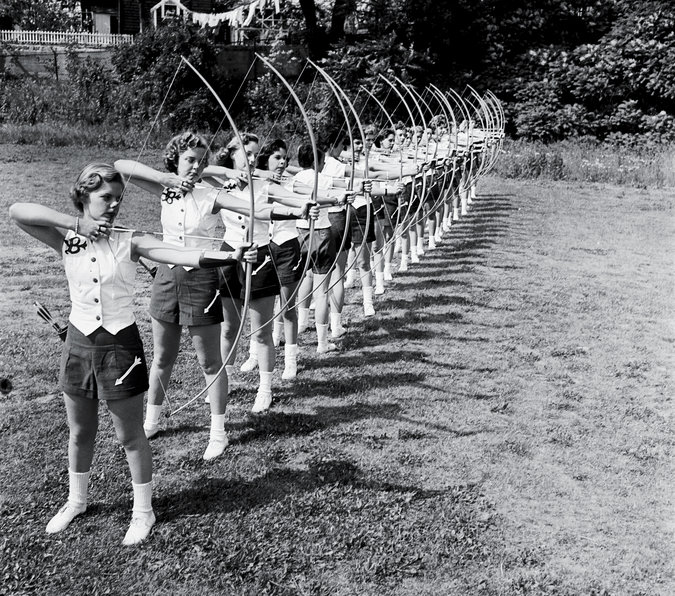
Editor’s note: Thanks to Nick-Shackleton Jones for sharing this beautifully presented list of failures. A good reminder that there are better ways of doing things – sometimes it’s a case of finding them. Are organisations good at doing that?
Here are our curated tweets from the chat2lrn twitter chat on #personal learning networks. [View…

Editor’s note: To quote: ‘A class, a reading, a difficult conversation with a colleague, may take 1% of our time. And yet they may radically alter how we approach the other 99%, raising questions that jolt us into learning new things from everyday experiences. A challenging assignment, conversely, may take most of our time and yield little new insights.’ A great piece on what learning really means – and it is not 70:20:10.

Editor’s note: Some good examples here of how companies are trying to transform themselves for the digital world.
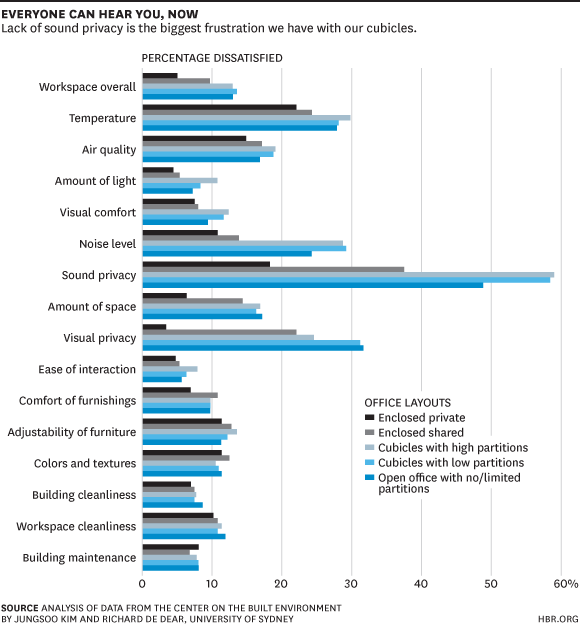
Editor’s note: Workers in offices want more space and less noise pollution, according to this research. Something to consider when trying to help people get on with their work . . .
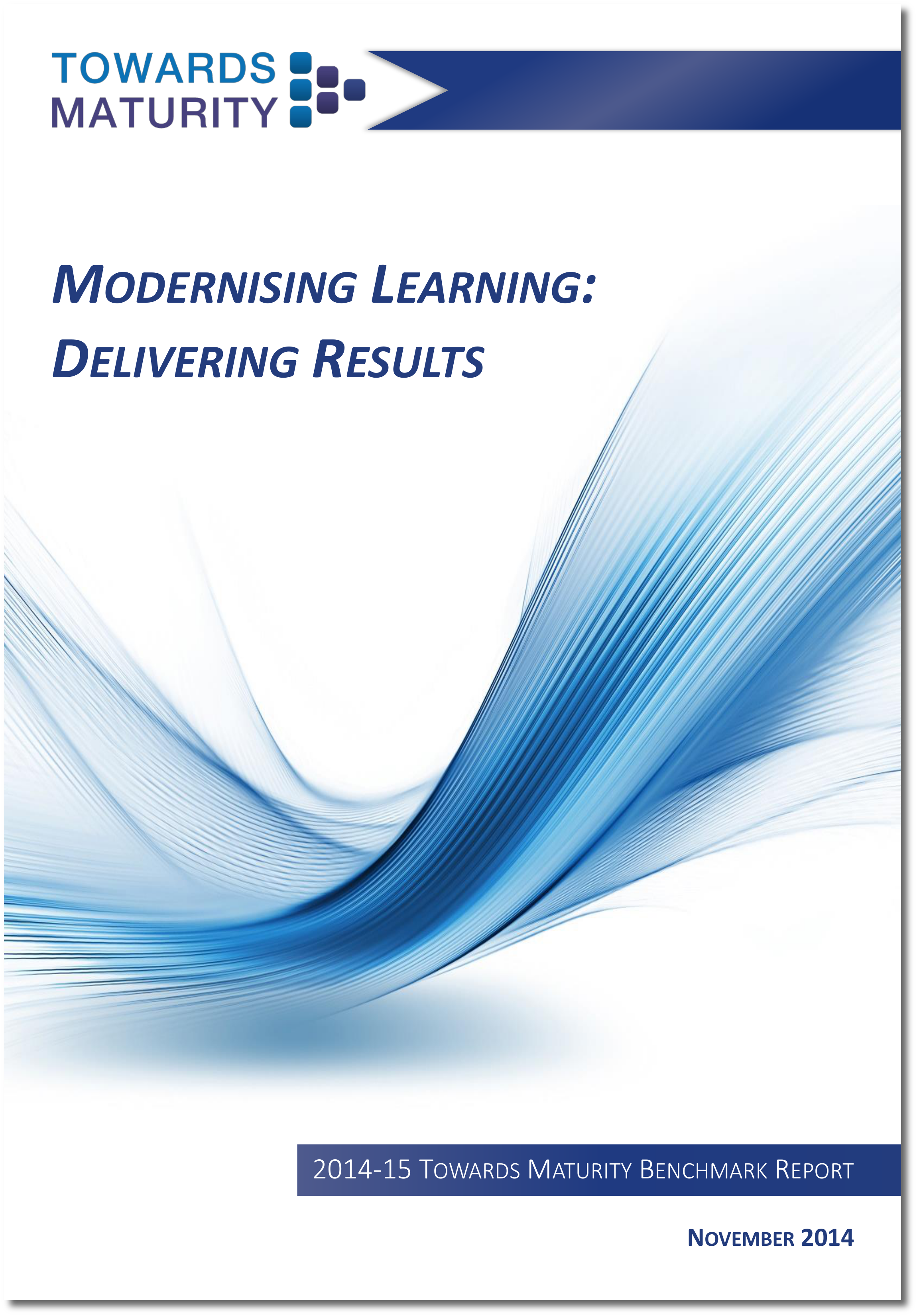
Editor’s note: This week saw the launch of the Towards Maturity Benchmark report. It’s a must-read report because it shows how difficult organsations are finding it to reap the benefits of technology enabled learning. Try not to get too depressed at the findings.

Editor’s note: I was lucky enough to be in the panel debate on labour market trends at this week’s CIPD conference. Luckily Tim Scott did a great job capturing the debate. This debate frames all we do in L&D in my opinion.

Editor’s note: Much more than a piece on office jargon, this piece walks through the history of organisational design and development and makes some good points about why we use the metaphors we do to describe work activities. Thanks to Simon Terry for sharing.
Despite the fact orgnaisations are using more technology than ever before to help them deliver…
